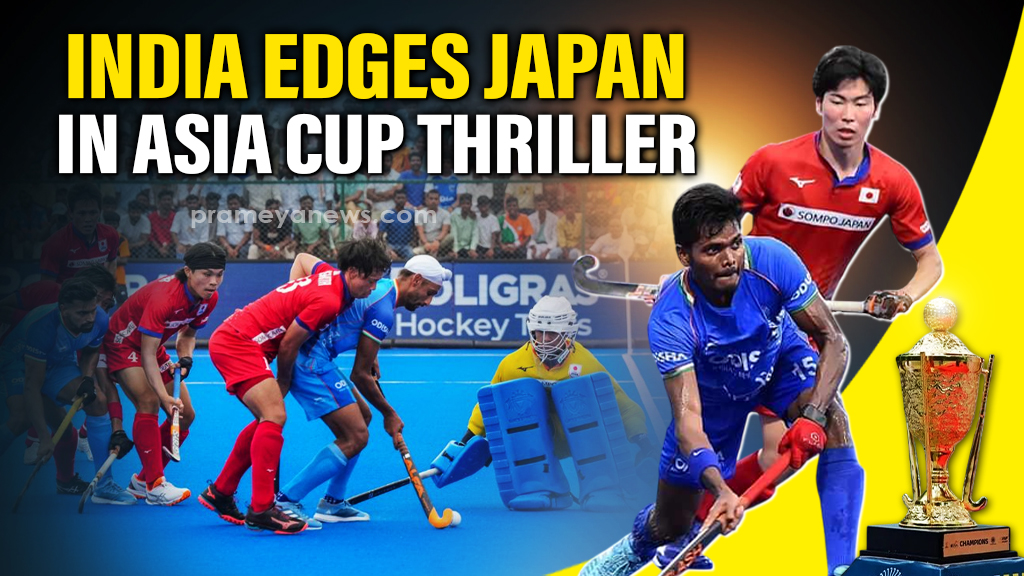

India's men's hockey team secured a critical 3-2 victory against a resilient Japanese side in the Asia Cup, but the manner of the win left more questions than answers. Despite a blistering start that saw them race to a two-goal lead within five minutes, the team's performance faded dramatically in the oppressive Rajgir heat. The squad was left clinging to its narrow lead by the final hooter, a worrying sign as they advance to the tournament's more challenging Super 4s stage.
The match began with an intensity that completely overwhelmed the Japanese defense. India’s aggressive, high-press strategy yielded immediate results, starting with a brilliantly crafted field goal. In the fourth minute, Sukhjeet Singh showcased exceptional three-dimensional skills along the baseline before setting up Mandeep Singh for a sharp, turning finish. Just a minute later, captain Harmanpreet Singh converted a penalty corner after a swift attack, doubling the lead and seemingly putting the game beyond Japan's reach. During this initial onslaught, India looked poised for a comfortable, high-margin victory, leaving Japan's defensive plans in tatters.
However, as the game progressed, the initial storm subsided into a worrying lull. The stifling 42-degree Celsius heat visibly took its toll, and India’s pace dropped significantly. This dip in intensity, combined with a series of missed opportunities and imprecise final passes, allowed Japan to find its footing. Growing in confidence, the Japanese team began to mount effective counter-attacks. Their persistence paid off in the 38th minute when Kosei Kawabe finished a well-constructed move with a powerful reverse hit, slicing India’s lead in half and turning the contest into a tense battle.
Harmanpreet Singh restored a two-goal cushion early in the final quarter with his second goal of the match, yet it wasn't enough to quell the Japanese resurgence. The statistics told the story of a closely fought encounter rather than Indian dominance; possession was split evenly, and Japan earned more penalty corners (9 to 6). Japan continued to press and were rewarded again when Kawabe scored his second goal in the 59th minute, setting up a nail-biting conclusion. India's composure was further tested when Harmanpreet received a yellow card, forcing them to defend their one-goal lead with just ten men in the final, crucial moments. The sight of exhausted Indian players at the final whistle underscored the immense physical and mental toll of the match, a stark contrast to the confidence of the opening minutes. While the win ensures they will likely top their group, the performance was a clear warning that such inconsistency could be costly against tougher opposition ahead.